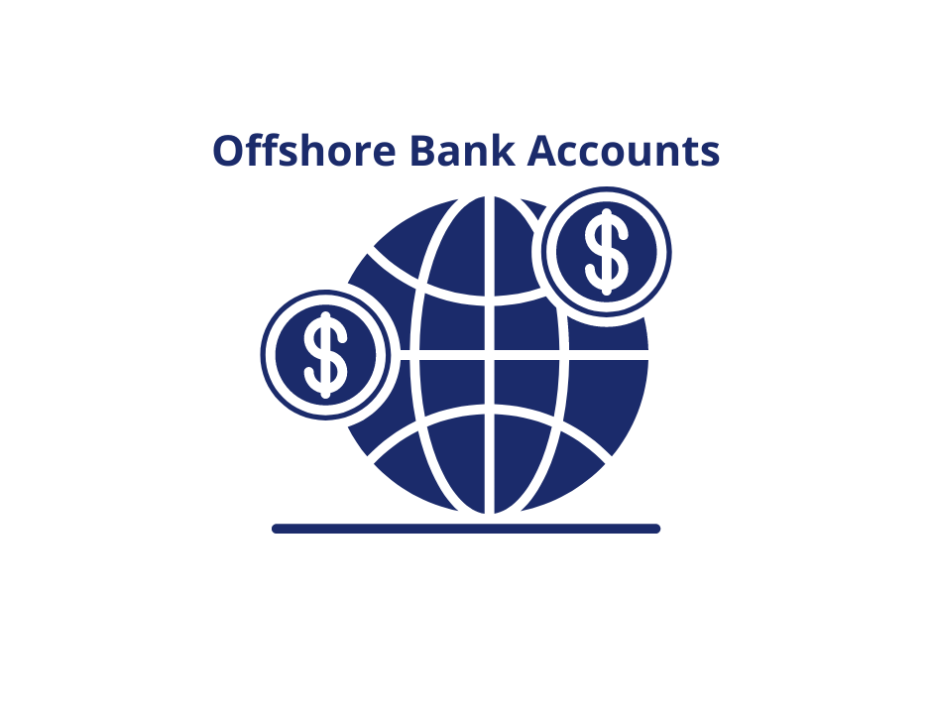Unlocking Financial Freedom – Offshore Bank Accounts Demystified
In today’s globalized world, the concept of financial freedom has taken on a new dimension, and offshore bank accounts have emerged as a tool for individuals and businesses seeking to expand their financial horizons. While the term offshore might conjure images of secrecy and tax evasion, it is important to demystify offshore bank accounts, benefits, and the regulatory landscape that surrounds them. Offshore bank accounts are simply bank accounts located outside one’s country of residence or business operations. They are not exclusive to the wealthy or the unscrupulous in fact, they are widely used for legitimate reasons such as asset protection, tax efficiency, and international business operations. Here, we will delve into these aspects to shed light on the concept of offshore banking.
Asset Protection – Offshore accounts can provide a safeguard for your assets in case of political or economic instability in your home country. Holding assets in a stable offshore jurisdiction can protect them from potential risks like currency devaluation, civil unrest, or government seizures. It is a way to diversify your holdings and reduce risk.
Tax Efficiency – One of the most commonly associated benefits of offshore accounts is tax efficiency. While it is crucial to emphasize that tax evasion is illegal, tax optimization is not. Offshore accounts can help individuals and businesses reduce their tax liabilities through legitimate means such as taking advantage of tax treaties, tax deferral, or utilizing offshore entities for specific purposes.
International Business – Many businesses engage in international trade and investment. Offshore accounts can streamline financial operations for these enterprises. They offer the ability to hold multiple currencies, facilitate cross-border transactions, and provide a stable environment for international business dealings.
Privacy – While privacy should not be confused with secrecy, offshore accounts can offer a degree of financial privacy. However, the global trend is towards greater transparency and tax reporting, driven by initiatives like the Common Reporting Standard CRS and the Foreign Account Tax Compliance Act FATCA. These regulations require financial institutions to report account information to tax authorities, reducing the opacity of offshore accounts.
Estate Planning – Offshore accounts can play a role in estate planning, ensuring that assets are passed on efficiently to beneficiaries. They can help avoid lengthy probate processes and reduce estate taxes.
Now, let’s demystify the regulatory landscape of offshore banking:
Compliance and Regulation – The days of banking secrecy in offshore jurisdictions are fading. Most reputable offshore financial centers have stringent regulations in place to combat money laundering and tax evasion. They adhere to international standards and cooperate with tax authorities in clients’ home countries.
Transparency – With the implementation of global transparency initiatives like CRS and FATCA, financial institutions in offshore jurisdictions are required to share account information with tax authorities in the account holder’s home country. This means that individuals and businesses need to ensure they are compliant with tax obligations.
Choosing the Right Jurisdiction – When considering offshore banking, banking privacy is essential to select a jurisdiction that aligns with your specific goals and complies with international standards. It is advisable to seek professional advice to navigate the complexities of offshore banking.


